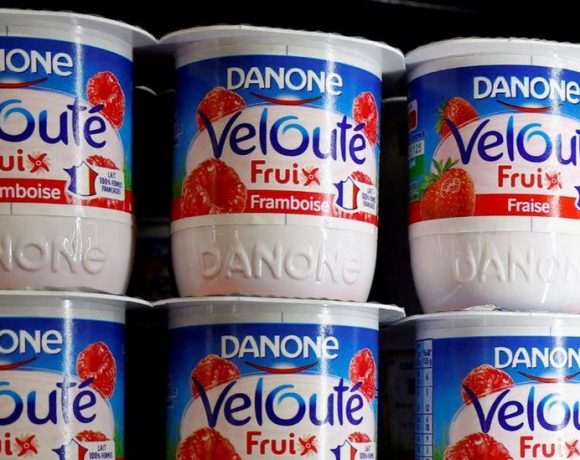
Vladimir Putin is poised to embark on his fifth term as Russia’s president, a testament to his enduring influence over the country’s political landscape. However, this prolonged tenure has not been without controversy. Over the years, Putin’s leadership has undergone a noticeable shift towards authoritarianism, characterized by a tightening grip on power and a crackdown on dissenting voices.
One of the most notable manifestations of this shift is Russia’s involvement in the conflict in Ukraine. What began as a territorial dispute over Crimea has escalated into a protracted conflict, with Russia backing separatist rebels in eastern Ukraine. This aggressive stance has drawn condemnation from the international community and further strained Russia’s already tenuous relations with the West.
Fiona Hill, a former White House national security advisor, has remarked on Putin’s evolution from a pragmatic leader to an imperialist figure reminiscent of Russian tsars. This transformation has had profound implications for Russia’s domestic politics and its standing on the world stage. Putin’s consolidation of power has eroded democratic institutions and marginalized political opposition, leaving little room for dissent.
Despite mounting criticism of his leadership style, Putin has managed to maintain a firm grip on power, thanks in part to his dominance of Russia’s political landscape. His electoral victories, though marred by allegations of irregularities and lack of transparency, have only served to reinforce his position as Russia’s preeminent political figure.
Nowhere is Putin’s influence more evident than in places like Kashira, a town near Moscow, where a massive mural of the president adorns the side of an apartment block. This towering image serves as a constant reminder of Putin’s omnipresence in Russian society and the challenges of dissenting in a political climate increasingly hostile to opposition voices.
Despite the pervasive sense of resignation among many Russians, there lingers a palpable undercurrent of uncertainty about the future. As Putin prepares to embark on another term in office, questions abound about what lies ahead for Russia and how the country will navigate the era of Putinism in the years to come.
Picture Courtesy: Google/images are subject to copyright

